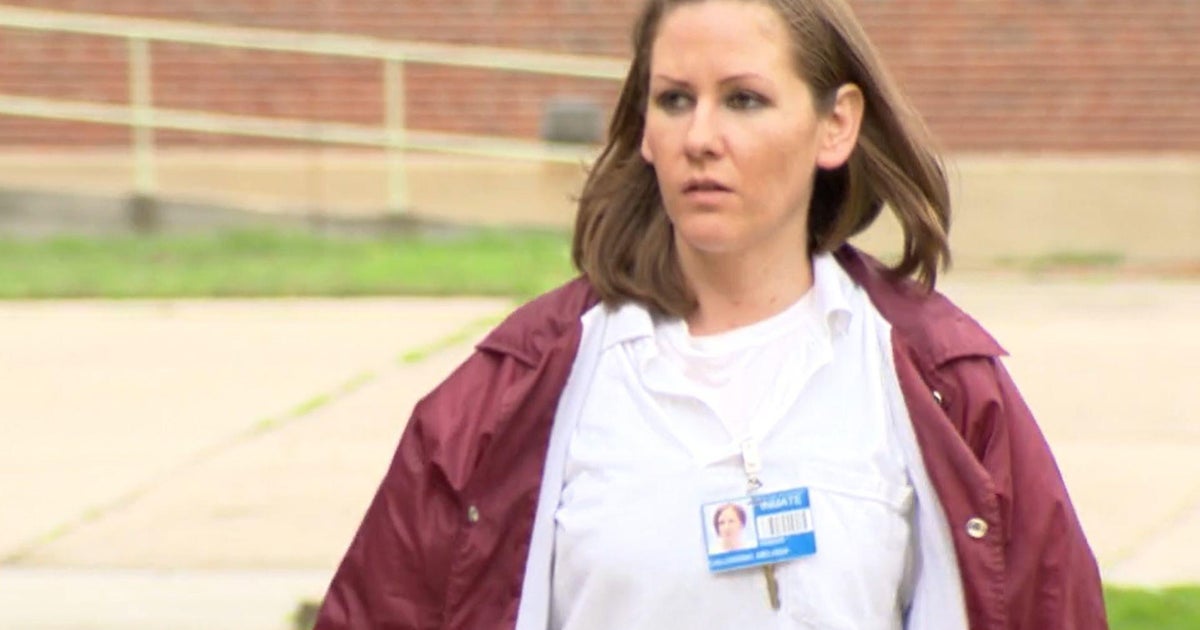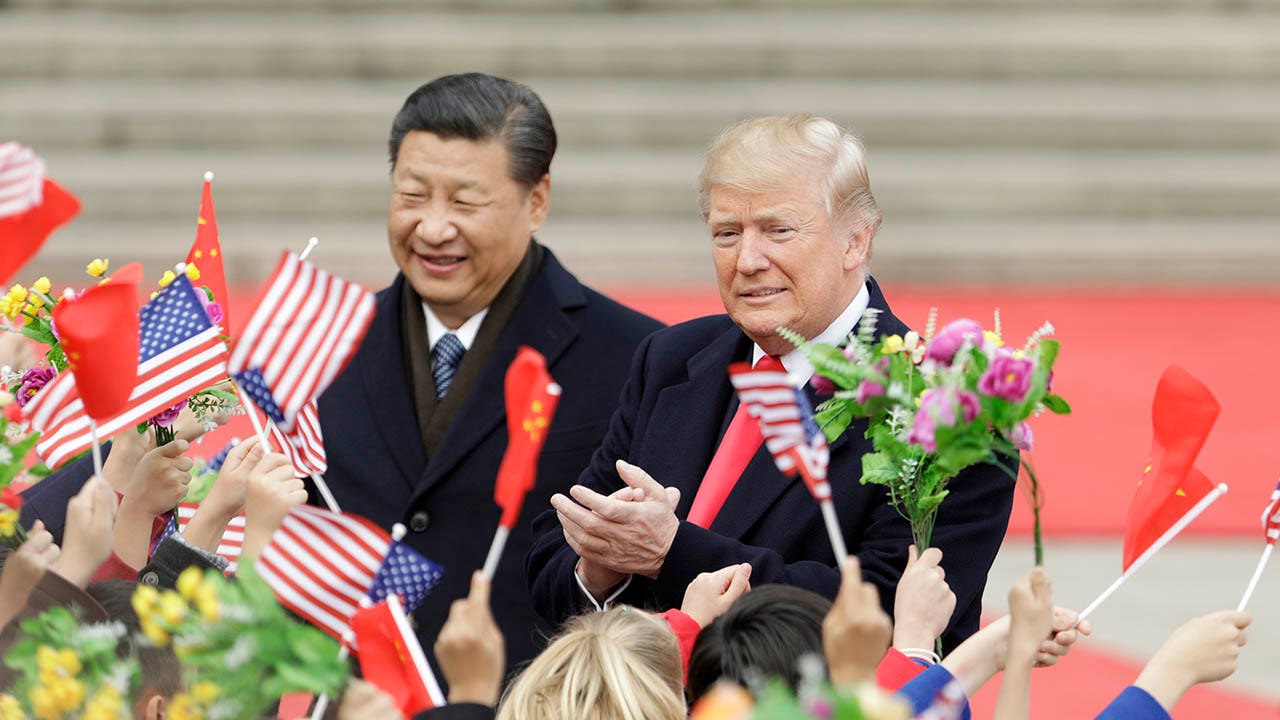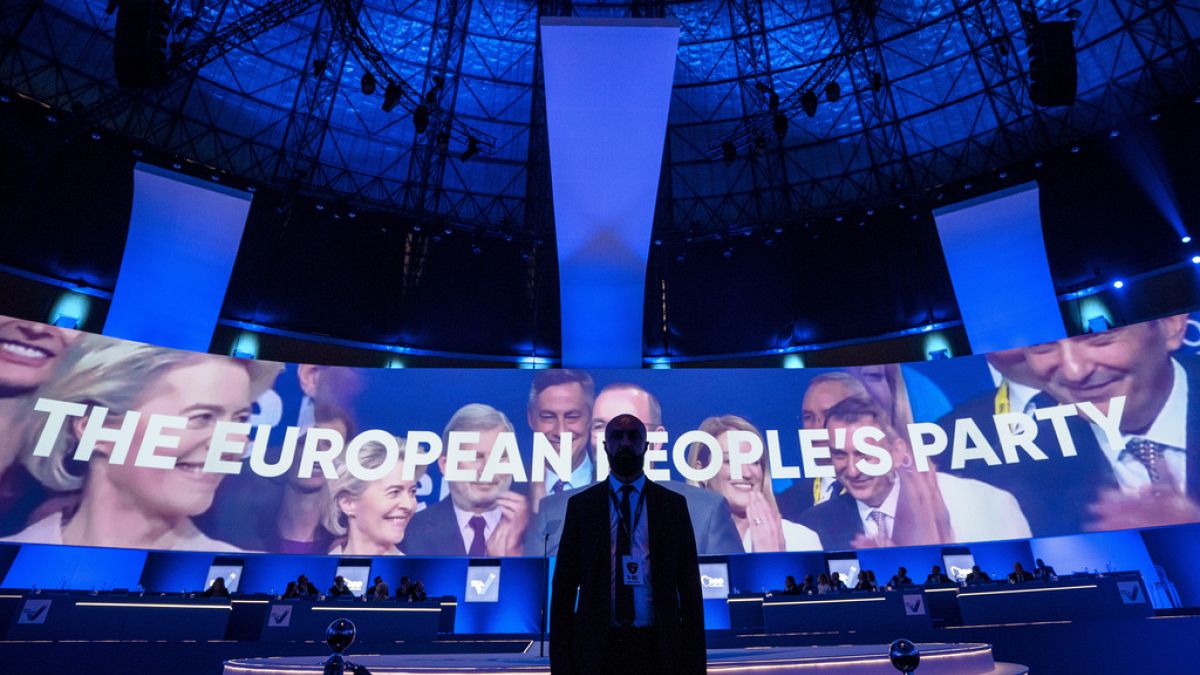Health
Logan Paul’s Prime Energy Drink Under Scrutiny Over High Caffeine Content

The release of Prime, a drink brand founded by the YouTube personality and boxer Logan Paul, had British teenagers lining up for hours outside grocery stores on its release date in December. Some supermarkets were even forced to limit purchases to one bottle per customer.
Now, Prime is facing a backlash from physicians and lawmakers who say that the high levels of caffeine in one of its drinks can be harmful to children. At a news conference in New York on Sunday, Senator Chuck Schumer, the majority leader, called for the Food and Drug Administration to investigate the ultra-caffeinated variety of Prime, which he pointed out has caffeine levels equivalent to about six 12-ounce cans of Coca-Cola.
Prime offers two kinds of beverages: Prime Hydration, a sports drink that does not contain caffeine, and Prime Energy, a highly caffeinated drink. A 12-ounce Prime Energy contains 200 milligrams of caffeine, compared with the 114 milligrams of caffeine in a 12-ounce can of Red Bull or the 100 milligrams found in a cup of coffee. Pediatricians recommend that children under the age of 12 avoid caffeine entirely, and those from 12 to 18 should consume no more than 100 milligrams per day.
Senator Schumer said Prime Energy had “so much caffeine in it that it puts Red Bull to shame.” He added that Prime differed from other highly caffeinated energy drinks in that its advertising campaign appeared to target those under 18.
Mr. Paul, a high-profile provocateur known for his controversial videos, has long faced questions over the example he sets for young people. He has won two Teen Choice awards, decided mainly by voters ages 13 to 19, and when he is pursued by his loyal fans, known as the Logang, they often skew young. He launched Prime in 2022 with Olajide Olayinka Williams Olatunji, a 30-year-old rapper and another prominent YouTube personality known by his online alias, KSI.
In a letter to Dr. Robert Califf, head of the F.D.A., on Monday, Senator Schumer urged the agency to investigate the beverage company.
“Many physicians have serious concern for Prime, and I write to specifically urge your agency to investigate Prime for its claims, marketing and caffeine content,” Senator Schumer wrote.
Prime said in a statement to The New York Times that each can of its energy drink “states clearly” that it was not made for anyone under the age of 18. The company added that the beverage had caffeine levels comparable to other top-selling energy drinks and that Prime was compliant with F.D.A. guidelines.
The official backlash comes as America’s major beverage companies vie for a piece of the rapidly growing market for energy drinks. Over the past five years, sales in the energy drink industry have surged from $12 billion to $19 billion, according to Circana, a market research firm. Recently, companies like Pepsi and Gatorade have both invested in new caffeine-addled beverage lines, and shares of Monster Energy, another caffeinated beverage, surged 30 percent in the past year. Experts say the excitement has been fueled in part by a decades-long pivot away from sugary sodas.
Senator Schumer said at the Sunday news conference that parents had brought Prime to his attention. But the energy drink is part of a growing field of high-caffeine drinks popular among young people on TikTok. These drinks include the brand Alani Nu, supported by the social media influencer Addison Rae, and Celsius, which is backed by Pepsi.
Dr. Edith Bracho-Sanchez, a pediatrician at NewYork-Presbyterian Hospital who joined Senator Schumer at the news conference on Sunday, wrote in an email to The Times that regularly consuming as much caffeine as is found in Prime Energy can disrupt the sleep cycle, which is essential to a child’s developing brain.
High caffeine consumption can also give consumers the jitters and cause digestive issues, headaches, heart palpitations and even abnormal heart rhythms, she added.
Mr. Paul rose to fame as a popular YouTube personality and has since ventured into other avenues such as acting and boxing.
Representatives for Mr. Paul did not immediately reply to a request for comment.
A Prime representative said in a statement that it was “very important” to distinguish between the two drinks on the market, one of which — Prime Hydration — was also immensely popular among young consumers and did not contain any caffeine.
“We welcome discussions with the F.D.A.” on industry changes necessary to protect consumers, a Prime representative added.
But Dr. Bracho-Sanchez said the manner in which the companies were marketing the two beverages — with flashy packaging and a social media blitz pushed to younger consumers — made it difficult to tell them apart. The “energy” branding was also misleading, she added.
“This is not true energy. This isn’t a good night’s sleep followed by a nutritious meal, this is a caffeine rush followed by a crash.”

Health
Semaglutide Pills and Injections Vs. Drops: Experts Weigh In | Woman's World

Sign Up
Create a free account to access exclusive content, play games, solve puzzles, test your pop-culture knowledge and receive special offers.
Already have an account? Login
Use left and right arrow keys to navigate between menu items.
Use escape to exit the menu.
Health
Jennifer Hudson Lost 80-Lbs Without Depriving Herself—Learn Her Secrets

Sign Up
Create a free account to access exclusive content, play games, solve puzzles, test your pop-culture knowledge and receive special offers.
Already have an account? Login
Use left and right arrow keys to navigate between menu items.
Use escape to exit the menu.
Health
Kennedy’s Plan for the Drug Crisis: A Network of ‘Healing Farms’

Though Mr. Kennedy’s embrace of recovery farms may be novel, the concept stretches back almost a century. In 1935, the government opened the United States Narcotic Farm in Lexington, Ky., to research and treat addiction. Over the years, residents included Chet Baker and William S. Burroughs (who portrayed the institution in his novel, “Junkie: Confessions of an Unredeemed Drug Addict”). The program had high relapse rates and was tainted by drug experiments on human subjects. By 1975, as local treatment centers began to proliferate around the country, the program closed.
In America, therapeutic communities for addiction treatment became popular in the 1960s and ’70s. Some, like Synanon, became notorious for cultlike, abusive environments. There are now perhaps 3,000 worldwide, researchers estimate, including one that Mr. Kennedy has also praised — San Patrignano, an Italian program whose centerpiece is a highly regarded bakery, staffed by residents.
“If we do go down the road of large government-funded therapeutic communities, I’d want to see some oversight to ensure they live up to modern standards,” said Dr. Sabet, who is now president of the Foundation for Drug Policy Solutions. “We should get rid of the false dichotomy, too, between these approaches and medications, since we know they can work together for some people.”
Should Mr. Kennedy be confirmed, his authority to establish healing farms would be uncertain. Building federal treatment farms in “depressed rural areas,” as he said in his documentary, presumably on public land, would hit political and legal roadblocks. Fully legalizing and taxing cannabis to pay for the farms would require congressional action.
In the concluding moments of the documentary, Mr. Kennedy invoked Carl Jung, the Swiss psychiatrist whose views on spirituality influenced Alcoholics Anonymous. Dr. Jung, he said, felt that “people who believed in God got better faster and that their recovery was more durable and enduring than people who didn’t.”
-
/cdn.vox-cdn.com/uploads/chorus_asset/file/25822586/STK169_ZUCKERBERG_MAGA_STKS491_CVIRGINIA_A.jpg)
/cdn.vox-cdn.com/uploads/chorus_asset/file/25822586/STK169_ZUCKERBERG_MAGA_STKS491_CVIRGINIA_A.jpg) Technology1 week ago
Technology1 week agoMeta is highlighting a splintering global approach to online speech
-

 Science1 week ago
Science1 week agoMetro will offer free rides in L.A. through Sunday due to fires
-
/cdn.vox-cdn.com/uploads/chorus_asset/file/23935558/acastro_STK103__01.jpg)
/cdn.vox-cdn.com/uploads/chorus_asset/file/23935558/acastro_STK103__01.jpg) Technology1 week ago
Technology1 week agoAmazon Prime will shut down its clothing try-on program
-

 News1 week ago
News1 week agoMapping the Damage From the Palisades Fire
-
/cdn.vox-cdn.com/uploads/chorus_asset/file/25826211/lorealcellbioprint.jpg)
/cdn.vox-cdn.com/uploads/chorus_asset/file/25826211/lorealcellbioprint.jpg) Technology7 days ago
Technology7 days agoL’Oréal’s new skincare gadget told me I should try retinol
-
/cdn.vox-cdn.com/uploads/chorus_asset/file/25832751/2192581677.jpg)
/cdn.vox-cdn.com/uploads/chorus_asset/file/25832751/2192581677.jpg) Technology3 days ago
Technology3 days agoSuper Bowl LIX will stream for free on Tubi
-

 Business5 days ago
Business5 days agoWhy TikTok Users Are Downloading ‘Red Note,’ the Chinese App
-
/cdn.vox-cdn.com/uploads/chorus_asset/file/25835602/Switch_DonkeyKongCountryReturnsHD_scrn_19.png)
/cdn.vox-cdn.com/uploads/chorus_asset/file/25835602/Switch_DonkeyKongCountryReturnsHD_scrn_19.png) Technology1 day ago
Technology1 day agoNintendo omits original Donkey Kong Country Returns team from the remaster’s credits















